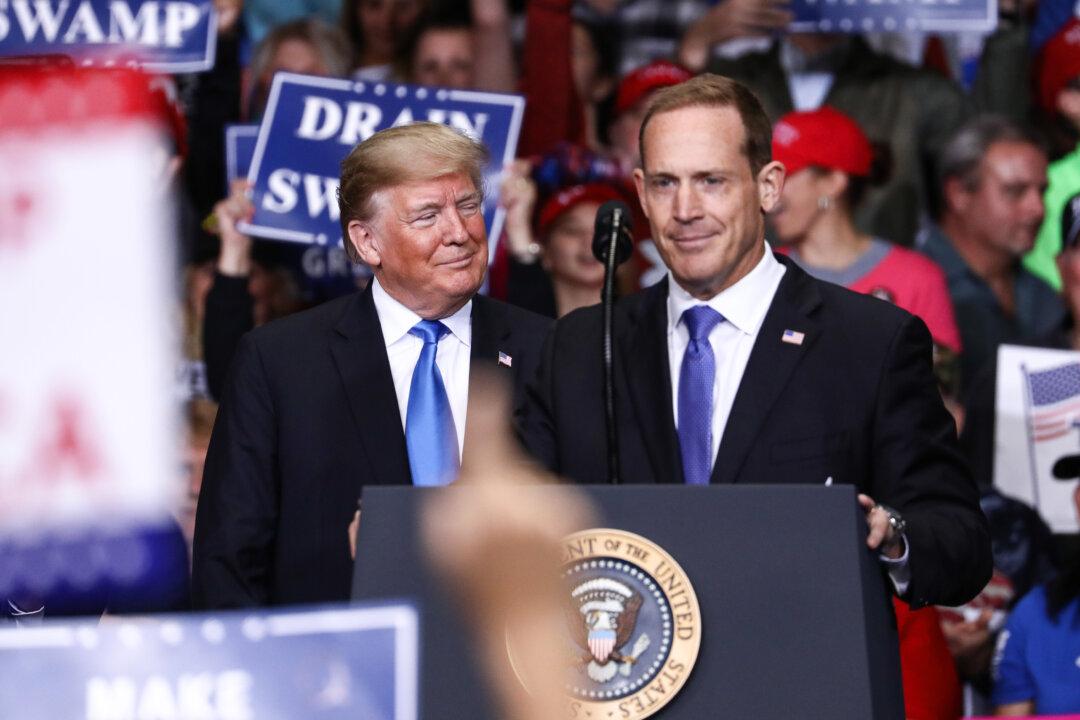WASHINGTON—Rep. Ted Budd (R-N.C.) is a man on a mission to solve what he calls a “solvable” problem that causes the loss of hundreds of billions of tax dollars every year.
Asked why he is taking on a challenge that has defeated Democrats and Republicans in the nation’s capital for decades, Budd doesn’t hesitate to put the problem of waste, fraud, and corruption into perspective.





